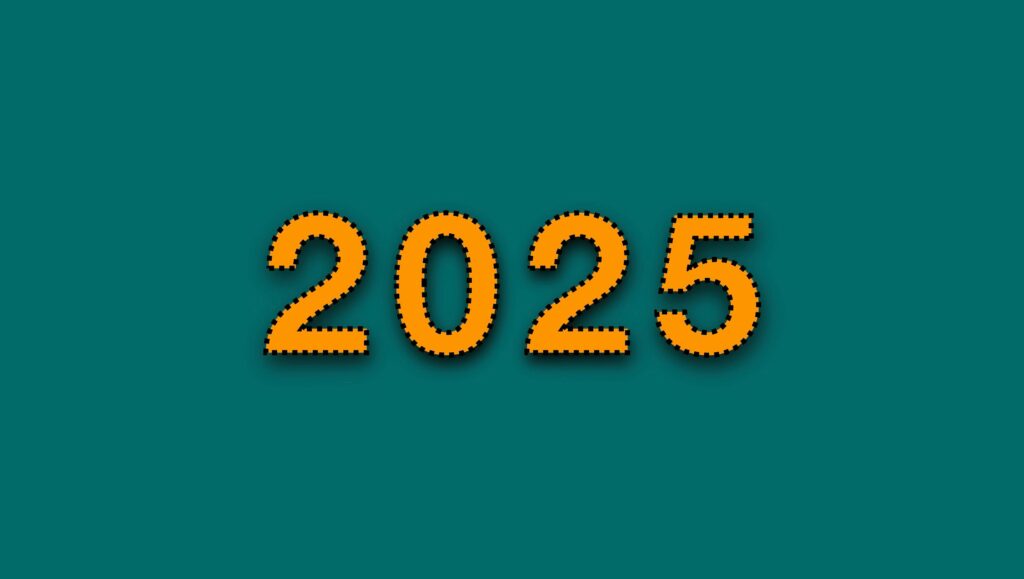What Investment Should I Start With Dismoneyfied: Ground Rules
1. Set Your Target and Timeline
No investment exists in a vacuum—ask why you’re investing: “Retirement at 60,” “First house in 7 years,” or “Build an emergency buffer.” Match the time horizon (1, 5, 30 years) to your risk—stocks for decades, bonds or cash for what’s needed soon.
Discipline is in specific, written goals before any dollar moves.
2. Build a Cash Buffer Before You Start
Save three to six months’ expenses in a highyield savings (not investments). This is your disaster insurance—never gamble money you’ll need soon, no matter how tempting the returns.
Liquidity beats “potential” when trouble hits.
3. Employer Retirement Accounts: Free Money First
401(k)s or equivalent: Max out your match—this is a 100% return on investment, guaranteed. Choose lowcost target date or index funds inside the account. Don’t chase “top funds”—fees eat compounding.
Automate contributions every paycheck. Ignore market swings; stick to plan.
4. Broad Stock Index Funds: Default for Beginners
S&P 500 or Total Market Index ETFs (like VOO, ITOT, or Schwab’s SCHB) should be your core holding. Diversify instantly, crush fees (<0.1%), and require no stock picking skills. Buy monthly, no matter the headlines. Routine buys “average out” timing mistakes.
If you’re thinking “what investment should i start with dismoneyfied,” this is likely the answer for most.
5. Roth IRA: TaxFree Growth
After your emergency fund and any 401(k) match, fund a Roth IRA (if eligible). All growth and future withdrawals are taxfree; ideal if you expect higher taxes later. Same strategy: lowcost index funds. No markettiming, just steady compounding.
Other Beginner Options to Consider
6. US Treasuries or I Bonds
Virtually riskfree. I Bonds currently offer strong inflation protection. Ideal for nearterm, lowrisk goals or as a supplement to savings.
7. HighYield Online Savings Accounts & CDs
For money needed in under 1–3 years (a home, new car, tuition). Target the best rates—but don’t lock up emergency funds.
8. RoboAdvisors
For those wanting handsoff, basic investing, platforms like Betterment, Wealthfront, or Fidelity Go automate portfolio selection and rebalancing. Fees are low (0.25%–0.40%) and portfolios use diversified ETFs. Perfect for those who won’t check (or want to stress over) their portfolio every day.
9. Real Estate Crowdfunding or REITs
Low minimums ($10–$500); get exposure to housing/commercial property without landlord headaches. Start small, understand fees and liquidity limits before scaling up.
Not a substitute for broad index funds, but a solid diversifier after basics are covered.
Don’t Start Here (For Beginners)
Individual stocks—too risky, too volatile, and requires strong research discipline. Crypto, options, day trading—never start until stable with core assets and cash flow. Insurance “investments” (whole life, variable annuities)—complex and full of fees, almost always a poor starter move.
Routine: How to Build Results
- Set up all accounts with secure passwords and twofactor authentication.
- Automate deposits—the more you can remove decisionmaking, the more reliably you’ll grow wealth.
- Track everything in a spreadsheet or a simple app. Record contributions, holdings, and any withdrawals.
- Audit your allocation quarterly. Rebalance only if gains/loses have shifted mix by >5%.
- Review progress: Adjust contributions if you get a raise, windfall, or new expenses.
Stay Safe and Efficient
Don’t fall for “too good to be true” offers or pay for investment seminars upfront. Do not invest anything you do not understand—explain your strategy on one page. Use only established brands and institutions—FDIC/NCUA for savings, SIPC for brokerage protection. Avoid unnecessary account churn; fees and taxes are wealth killers.
The Power of Patience
Compounding is the engine—even $50/month grows into thousands with time and routine. Stick to the plan through downturns; the best gains often follow the worst headlines.
When to Expand or Change Strategy
Emergency fund is set, and you’ve maxed cheap, taxadvantaged accounts. Your income or goals change—dial up stock risks for longer timelines, dial down for cash needs. You want to layer in “satellite” bets (real estate, sector ETFs, small cap) for extra growth/diversification.
Final Reminders
Discipline wins; speculation loses. No plan survives the first mistake—review and adapt, don’t just hope. Document your rationale—clarity now prevents drama later. “What investment should i start with dismoneyfied?” The answer is: cash buffer, index funds, automate, repeat.
Conclusion
Building wealth is relentless habit, not luck or genius. Know your “why,” pick the right tools, and let routine do the heavy lifting. Start with what’s proven, avoid distractions, and grow from a position of strength. Compound discipline, not drama. That’s how every fortune gets built.



